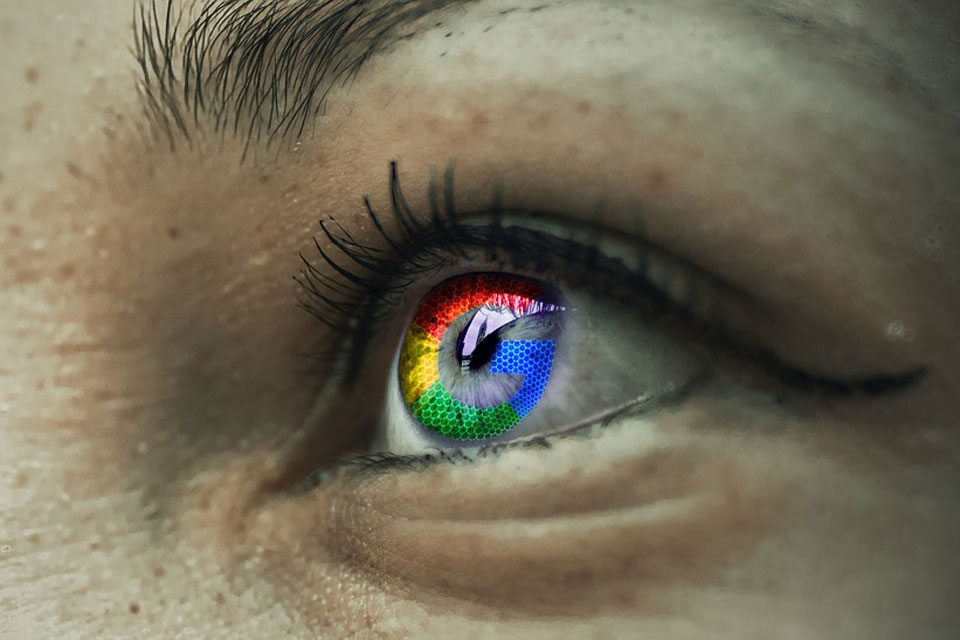Two-thirds of consumers ‘Don’t understand how their data is used’
Over half (58%) of consumers want long term relationships with brands, but 33% saw irrelevant retail offers as the biggest marketing mistakes, indicating a personalisation disconnect.
That’s according to the latest APEX report from Valitor, which reveals the key marketing challenges brands will face in using customer data to build relationships.
The study also found that almost half (48%) of consumers think that when it comes to relationship ‘building’, all they see after-sale are spam emails.
In fact, it seems personalisation across the board does not meet expectations. 68% do not know how their data is being used by brands. Valitor says this knowledge gap, combined with the implementation of GDPR and the ongoing discussions of data being used in political discussions, has spiked consumer interest in data use and privacy.
However, while interest has increased, the actual use of data by brands is creating uncertainty, confusion and setting unachievable expectations about the sort of interactions customers should expect.
Halldór Lúðvígsson, Managing Director, Omni-channel solutions at Valitor, said: “The latest APEX report reveals that consumers want a long term relationship with brands, which is clearly an opportunity that needs to be pursued. To succeed in establishing relationships, brands need to show customers that by having their data, they are able to create the long term value they crave. Currently, though many consumers feel brands’ efforts are missing the mark, which is risking weakening customer retention.”
The good news for brands, however, is that consumers are still happy to provide them with personal data, as long as it is used in the right way. In fact, 75% of consumers are comfortable with the concept of a brand holding personal information in order to improve the services and relationship. Consumers also revealed that they are most willing to share email addresses (42%), followed by clothing size (29%). But in order to keep consumers happy, brands need to ensure that they use this data wisely if they are to encourage the sharing of more types of information.
Meanwhile, the outdated practice of getting data and then taking a “spray and pray approach” has clearly had negative effects on consumers. For example, over a third (34%) of consumers say that they have been made to feel like a brand no longer wants to impress them once they have parted with their money. Another third (33%) aren’t convinced brands still care about them after the sale is done. While a quarter (25%) highlight the fact that occasional offers are not the same as a proper customer service relationship.
Other key report findings:-
- The 18-35 age group is far more confident in their understanding of how brands use their data (18-25 were 40%; 26-35 were 43%) compared to the 66+ age group (19%).
- 44% of consumers take notice of marketing communications from a brand:
- 56% take notice of emails
- 46% notice free samples/trials
- 52% of 18-25 years – the highest proportion of all age groups (and the emerging customer base for many brands) – are receptive to messaging from brands.
- The oldest consumers, 56-65 and 66+ are the least likely to pay attention to brand marketing.
Download the full report here.

